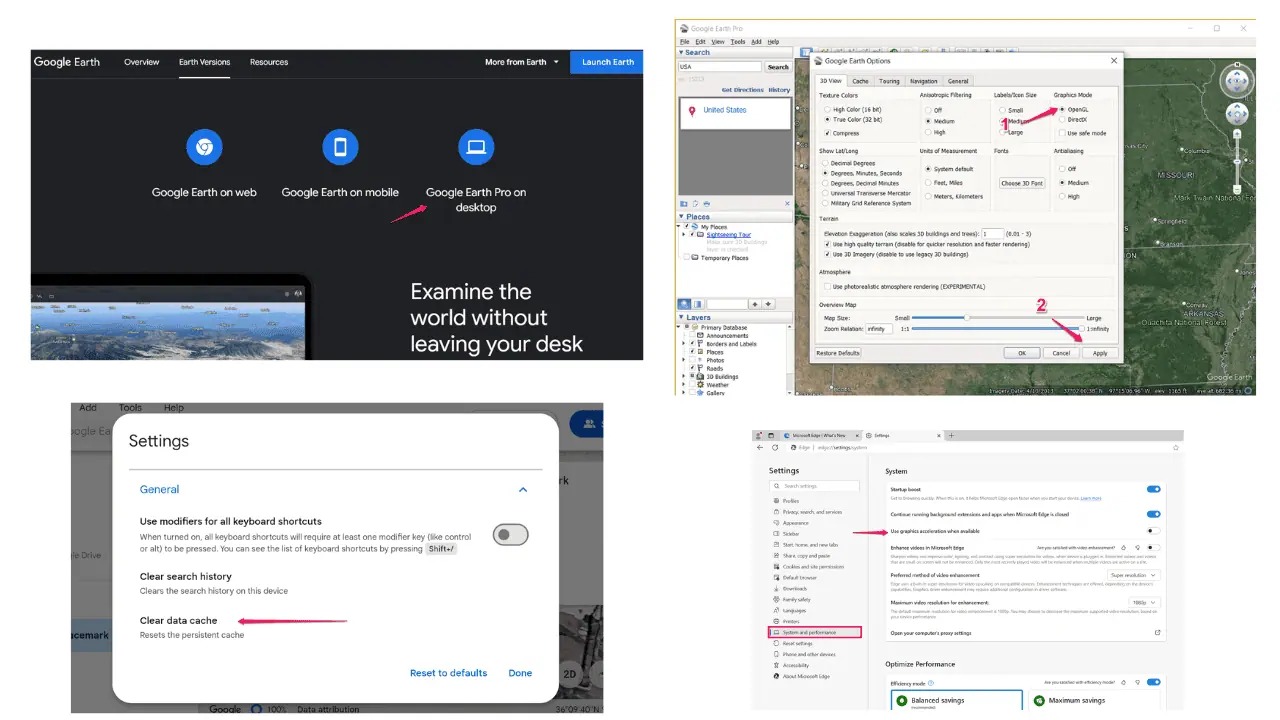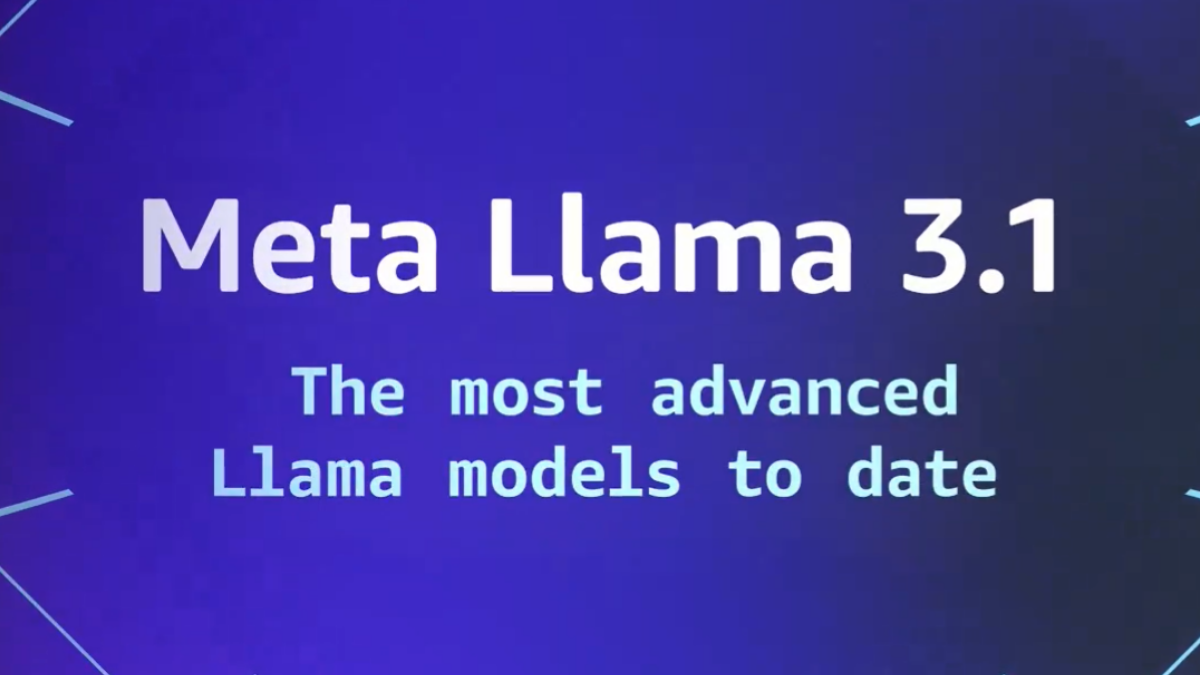Microsoft open sources Azure Retina
2 min. read
Published on
Read our disclosure page to find out how can you help MSPoweruser sustain the editorial team Read more
Key notes
- Microsoft has open-sourced Azure Retina.
- Retina is now more powerful and versatile.
- Microsoft wants to make Retina a comprehensive solution for Kubernetes networking observability.

Microsoft has announced that it’s open-sourced its cloud container networking platform, Azure Retina makes developers’ lives a lot easier, as they can troubleshoot their apps and services without worrying much about the network infrastructure. And now that it’s become open source, Microsoft expects more innovation and expanding Retina’s capability.
According to Microsoft, open-sourcing Retina will allow the company to create a “comprehensive solution for Kubernetes networking observability.” And everyone will be able to contribute to making this a reality. Open source also means that it’ll be more versatile and powerful, as per the software giant.
“We are excited to release Retina as an open-source repository that helps with DevOps and SecOps related networking cases for your Kubernetes clusters and we invite the open-source community to innovate along with us,” Microsoft said in its official blog post. “We believe that by opening Retina to the community, we can benefit from informed feedback, innovative ideas, and collaborative efforts that will help enhance and expand Retina’s capabilities.”
Retina key features
- Deep network traffic insights, including Layer 4 (L4) metrics, Domain Name System (DNS) metrics, and distributed packet captures.
- Provides node-level metrics, User Datagram Protocol (UDP), Linux utility, pod-level metrics (such as basic metrics, DNS, and API server latency).
- Seamlessly integrates the Kubernetes app model.
- Works with existing applications without any code changes.
If you’re a network engineer, a DevOps engineer, a site reliability engineer, or a cloud-native enthusiast., have you tried Retina? Let us know in the comments section.








